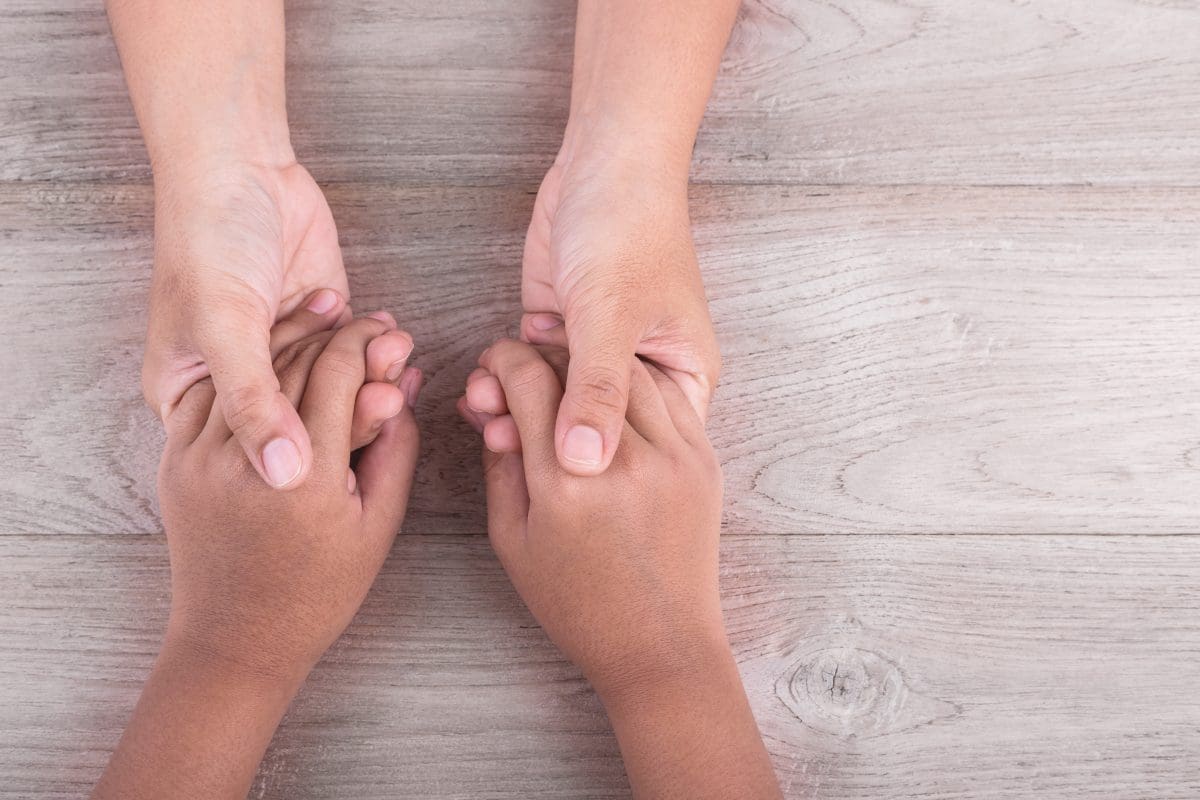Organ and tissue donation saves the lives of hundreds of Australians every year. Just one donor can save the lives of up to 10 people and improve the lives of many more.
In Australia, there are currently about 1400 people on waiting lists for life-saving organ transplants.
Who can donate?
Almost anyone can donate their organs and tissue. While age and medical history are taken into account, many people would make suitable donors. There is no age limit on the donation of some organs and tissue. Never assume you are too old, too young or not healthy enough to become a donor.
What organs and tissues can be donated for transplant?
If you decide to register as an organ and tissue donor, you can choose which organs you agree to donate. Organs that can be donated include the:
- heart;
- lungs;
- kidneys;
- liver;
- small intestine (small bowel); and
- pancreas, or certain parts of the pancreas.
Tissue donation involves donating a part of an organ or a small amount of tissue. Tissues that can be donated to those in need include:
- eye tissue (both the cornea and sclera in the eye can be donated);
- heart tissue (such as heart valves);
- skin (very thin layers are taken from the back or backs of the legs);
- blood vessels;
- bone;
- tendons (which connect muscles to bone); and
- ligaments (which help stabilise joints).
It’s important to know that specialised surgeons retrieve the organs and tissues that are being donated. The donor’s body is treated with respect and dignity at all times, and the process does not disfigure the body.
Registering on the Australian Organ Donor Register
The Australian Organ Donor Register is the only national register for people to record their decision to become an organ and tissue donor after death. But currently, only one in 3 people in Australia have joined the register.
Registering is voluntary, and you can decide which organs or tissue you wish to donate. You need to have a Medicare Card number to register, which takes less than a minute.
Even if you have previously recorded your organ donation decision elsewhere (such as on your driver’s licence) you should now record your decision on the national register. Most states no longer record organ donor details on driver’s licences.
The register can be used by authorised medical staff to check your organ donation wishes, and inform your family of your wishes if you die. Your family will be asked to confirm that you had not changed your mind since registering your donation decision.
Discussing your decision with your family
In Australia, about 70 per cent of people are willing to become organ and tissue donors, but many people don’t tell their families.
Families are always asked to confirm a loved one’s decision on organ and tissue donation. When they don’t know their loved one’s wishes, they often don’t agree to donation. But when families are aware of what their loved one would have wanted, more than 70 per cent agree. And when someone is a registered donor, 90 per cent of families say yes to donation.
So, let your family know of your decision to become an organ and tissue donor and register your decision. Because family members are required to give their consent to your organs being used should the situation arise, they need to know your wishes. Without your family’s consent, donation will not proceed.
Living organ donors
A living organ donor is someone who donates one of their kidneys or part of their liver to another person. Usually the recipient is a relative or close friend.
Living organ donation requires major surgery for the donor, which is not without risk. People who wish to become living organ donors need to have extensive investigations to ensure that they are suitable candidates.
There is financial support available for living organ donors through the Supporting Living Organ Donors Program, an Australian Government program.

